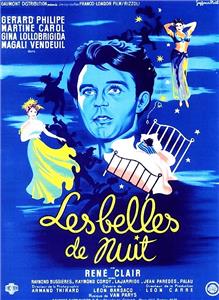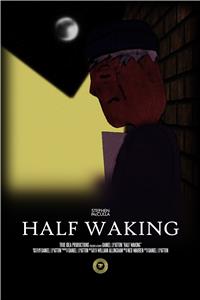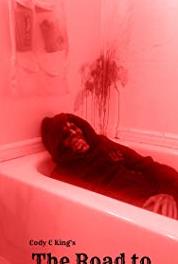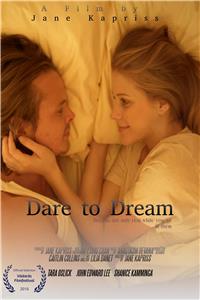Les belles de nuit (1952) Online

Young Claude, teacher by day, is a struggling composer by night. Alas, everyone around him seems to prefer noise to music. But in his dreams, he lives in other eras where he is appreciated, lionized, and the conquerer of delicious women (idealized forms of women he's seen in waking life). The dreams are suitably dreamlike, yet have a kind of reality, for he revisits them after waking. The conflict between waking and dream worlds leads to amusing, strange, even fantastic situations. Which world will prevail?
| Complete credited cast: | |||
| Gérard Philipe | - | Claude - un jeune compositeur rêveur | |
| Martine Carol | - | Edmée 1900 / Edmée de Villebois | |
| Gina Lollobrigida | - | La caissière du Grand Café / Leïla 1830 | |
| Magali Vendeuil | - | Suzanne - la fille du garagiste / Suzanne 1789 | |
| Marilyn Buferd | - | La postière / Madame Bonacieux (as Marylin Bufferd) | |
| Raymond Bussières | - | Roger - le garagiste / le tambour | |
| Raymond Cordy | - | Gaston / Le marquis | |
| Bernard Lajarrige | - | Léon - le gendarme | |
| Albert Michel | - | Le facteur / Un révolutionnaire | |
| Palau | - | Le vieux monsieur qui critique toutes les époques | |
| Jean Parédès | - | Paul - le pharmacien | |
| Paolo Stoppa | - | Le directeur de l'Opéra | |
| Rest of cast listed alphabetically: | |||
| Le Choeur Marguerite Mercier | - | Les choristes |
Finnish censorship visa # 38333 delivered on 19-5-1953.






User reviews